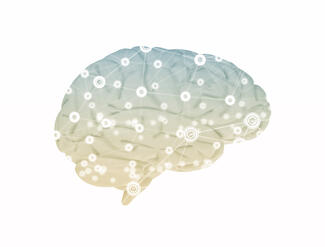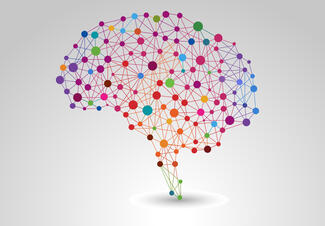Phase 3 Trial Finds Brexpiprazole Safe and Effective For Short-Term Treatment of Adolescent Schizophrenia
A phase 3 trial found that 2-4mg/day of brexpiprazole was associated with a greater symptom reduction in severity than placebo over a 6-week period in adolescents with schizophrenia, according to results published in The Lancet Psychiatry.
“To our knowledge, this is the first placebo-controlled trial of brexpiprazole in adolescent schizophrenia, and the first trial in adolescent schizophrenia to include an antipsychotic active reference,” wrote first author Caroline Ward, PhD, Otsuka Pharmaceutical Development & Commercialization, Princeton, New Jersey, and study coauthors. “The results of this trial add to the body of evidence for use of atypical antipsychotics in adolescent schizophrenia.”
READ>>Antipsychotic Sedation Peaks in First 2 Weeks, Emphasizing Importance of Early Monitoring
The randomized, double-blind, parallel-arm trial included 316 patients aged 13-17 years with a diagnosis of schizophrenia and a Positive and Negative Syndrome Scale (PANSS) baseline score ≥80. Participants were recruited from 62 outpatient sites in 10 countries and were randomly assigned to 2-4mg/day of oral brexpiprazole (n=110), 10-20mg/day of aripiprazole (active reference, n=102), or placebo (n=104). Researchers measured the drug’s efficacy through the change from baseline PANSS score at week 6. The study also recorded data on treatment-emergent adverse events to evaluate safety.
Patients in the brexpiprazole group experienced significantly greater improvement in PANSS total score (least squares mean change –22.8 [SE 1.5]) than the placebo group (–17.4 [1.6]) from baseline to week 6 (least squares mean difference –5·33 [95% CI –9·55 to –1.10]; p=0.014). The total PANSS score change from baseline to week 6 was also greater in the aripiprazole group than the placebo group (least squares mean difference –6·53 [–10·8 to –2·21]; pnominal=0·0032), which validated the trial methodology.
In terms of safety, 40% of patients in the brexpiprazole group experienced an adverse event, which was comparable to the rates of those in the aripiprazole (52%) and placebo (40%) groups. The most common adverse events in the brexpiprazole group were headache (n=7) and nausea (n=7), and 1 patient experienced a severe adverse response.
“The positive results of this trial, combined with previous extrapolation, pharmacokinetic, and long-term safety data, establish a body of evidence for brexpiprazole as a treatment option in adolescents with schizophrenia,” the authors wrote. “This information might help in clinical decision making when selecting an efficacious treatment with little risk of compromising patient safety.”
The researchers acknowledged several limitations of the study, including its exclusion of patient populations with certain comorbidities and its short-term duration. However, an ongoing open-label extension study promises to provide insight on the medication’s safety and efficacy as a long-term treatment option for adolescents.


















